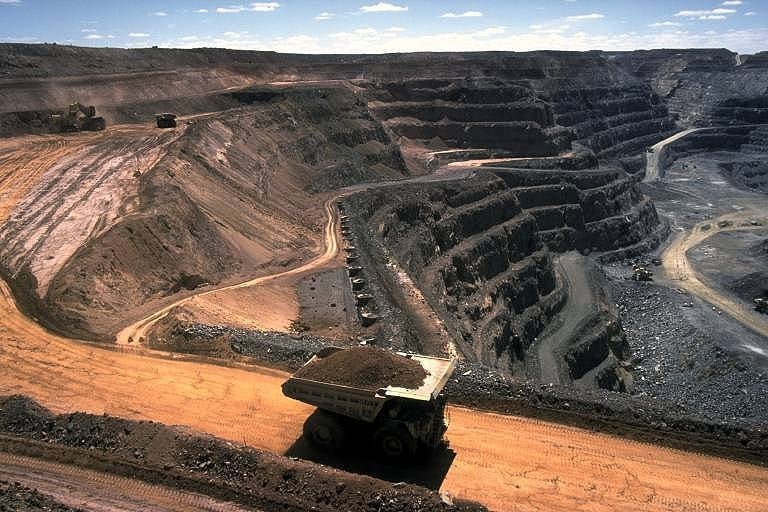
BHP Mitsubishi Alliance (BMA) has announced the completion of the electronic blast at the Caval Ridge coal mine in Australia.
The coal project is located at Bowen Basin, Central Queensland. Explosives supplier Dyno Nobel’s DigiShot technology was used for the blast.
BMA is a 50:50 partnership between Anglo-Australian BHP Group and Japan’s Mitsubishi Corporation.
In September 2019, BHP signed an agreement with Incitec Pivot business Dyno Nobel to invest in the blast technology research programme. It was intended to improve the safety and productivity across its Australian operations.
Last December, the blast with the DigiShot technology at the Queensland mine saw a 4.7 million cubic metres (mcm) of overburden shifted in a blast fired with 2,194t of bulk explosives across 3,899 holes.
BMA Caval Ridge Drill and Blast Superintendent Dallas Gostelow said that the blast involved a combination of four related blast patterns using 8,144 detonators (explosive devices).
Gostelow said: “Timings for the detonators are fully programmable and each blast hole is physically connected to the surface by a wire, but the systems are less complicated and fully digitised, which means higher fidelity of tie-in to reduce misfire potential.”
BMA Drill Blast and Geology Principal Category Management TCO Jason Smith said: “With the collaboration between Dyno and BMA, it is allowing Dyno to improve their product and giving BMA the advantage of better blasting and fragmentation and larger shots.
Last month, BMA was reportedly planning to invest $455m on autonomous haul trucks and AI-based data analysis in order to reduce production costs and CO2 emissions.



